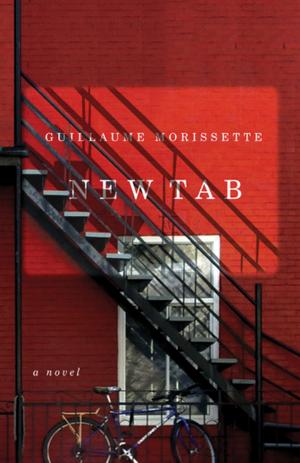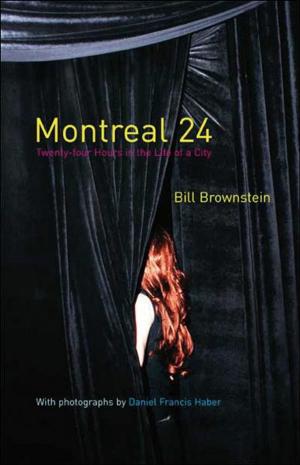The Walkable City: From Haussman’s Boulevards to Jane Jacobs' Streets and Beyond
From Haussman’s Boulevards to Jane Jacobs' Streets and Beyond
Nonfiction, Social & Cultural Studies, Social Science, Sociology, Urban| Author: | Mary Soderstrom | ISBN: | 9781550652659 |
| Publisher: | Véhicule Press | Publication: | January 1, 2009 |
| Imprint: | Véhicule Press | Language: | English |
| Author: | Mary Soderstrom |
| ISBN: | 9781550652659 |
| Publisher: | Véhicule Press |
| Publication: | January 1, 2009 |
| Imprint: | Véhicule Press |
| Language: | English |
Taking us on walks through Paris, New York, Toronto, North Vancouver and Singapore, Mary Soderstrom examines how cites have changed the lives of ordinary citizens—in positive and negative ways. Making the city walkable again is crucial. The author looks to the future and suggests ways in which we can reorganize our lives and our cities. The idea that a city might not be walkable would never occur to anyone who lived before 1800. Over the past 200 years there have been dramatic changes to our cities. With the best intentions, Baron George Eugène Haussmann ruthlessly transformed Paris in the mid-19th century in an attempt to adapt the city to a new age. In North America cities were “redeveloped” to accommodate the automobile and automobile-dependent suburbs. The city was no longer walkable, and in the 1960s activist-writer Jane Jacobs began to critique many of the ideas about how cities should be organized.
Taking us on walks through Paris, New York, Toronto, North Vancouver and Singapore, Mary Soderstrom examines how cites have changed the lives of ordinary citizens—in positive and negative ways. Making the city walkable again is crucial. The author looks to the future and suggests ways in which we can reorganize our lives and our cities. The idea that a city might not be walkable would never occur to anyone who lived before 1800. Over the past 200 years there have been dramatic changes to our cities. With the best intentions, Baron George Eugène Haussmann ruthlessly transformed Paris in the mid-19th century in an attempt to adapt the city to a new age. In North America cities were “redeveloped” to accommodate the automobile and automobile-dependent suburbs. The city was no longer walkable, and in the 1960s activist-writer Jane Jacobs began to critique many of the ideas about how cities should be organized.















